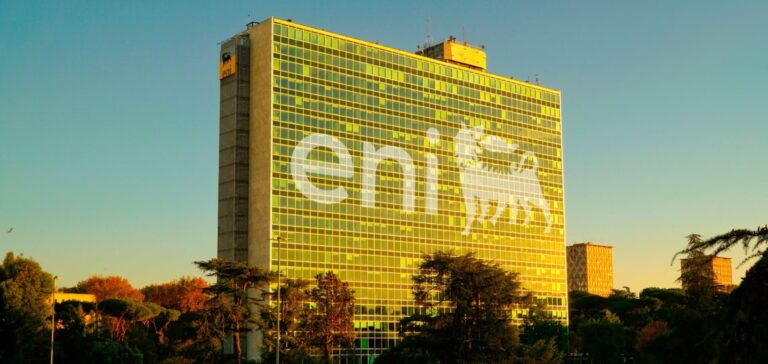Eni, the Italian energy giant, has announced the sale of stakes in assets located in Côte d’Ivoire and the Republic of Congo to the Swiss trading company Vitol. This transaction, valued at $1.65 billion, involves oil and gas production projects as well as blocks in exploration, evaluation, and development stages. The sale enables Eni to adjust its upstream energy asset portfolio.
sale of stakes in the baleine project
As part of this agreement, Vitol will acquire a 30% stake in the Baleine project, located in Côte d’Ivoire. This project represents a significant portion of Eni’s investments in the region, with Eni holding a 77.25% stake. Baleine is particularly known for its oil and natural gas production, which began in August 2023, less than two years after the field’s discovery. This site is considered the largest hydrocarbon discovery in the Ivorian sedimentary basin.
acquisition in the congo lng project
At the same time, Vitol will also acquire a 25% stake in the Congo LNG project in the Republic of Congo, where Eni currently holds a 65% stake. The Congo LNG project aims to develop liquefied natural gas (LNG) production infrastructure in the region. This acquisition strengthens Vitol’s position in Central Africa, a key market for hydrocarbons.
consolidation of the eni-vitol partnership
This transaction is part of Eni’s strategy to optimize its upstream activities, particularly in exploration and production. Eni and Vitol have already collaborated on several projects in West Africa, notably in Ghana with the OCTP and Block 4 projects. This sale marks a new chapter in the partnership between the two companies, further consolidating their joint presence in the African continent.
strategic portfolio rebalancing by eni
The sale of assets in Africa forms part of Eni’s broader strategy to rebalance its portfolio. This approach allows the group to focus on its strategic priorities, including the development of other exploration projects and energy transition. The portfolio adjustment is part of Eni’s efforts to strengthen its position in priority sectors and optimize its asset portfolio.






















